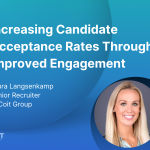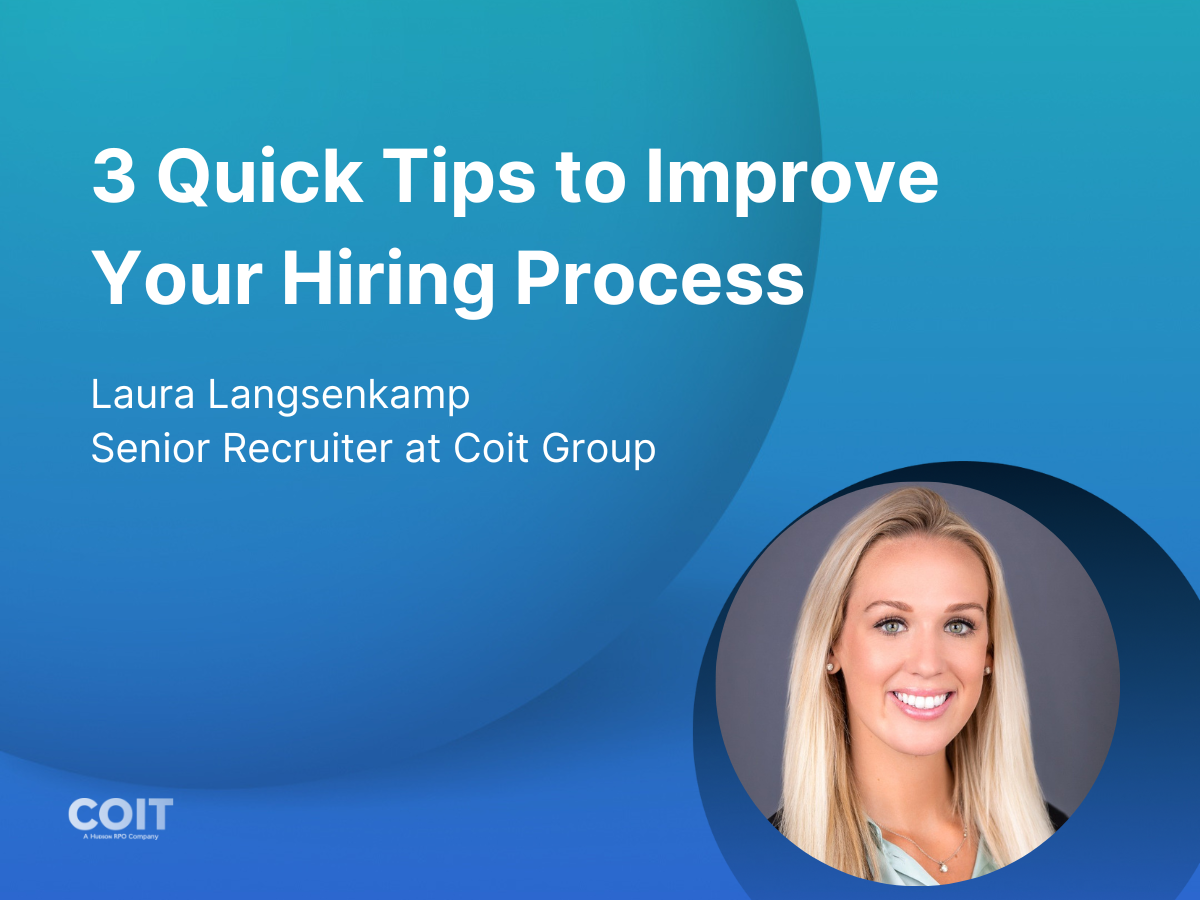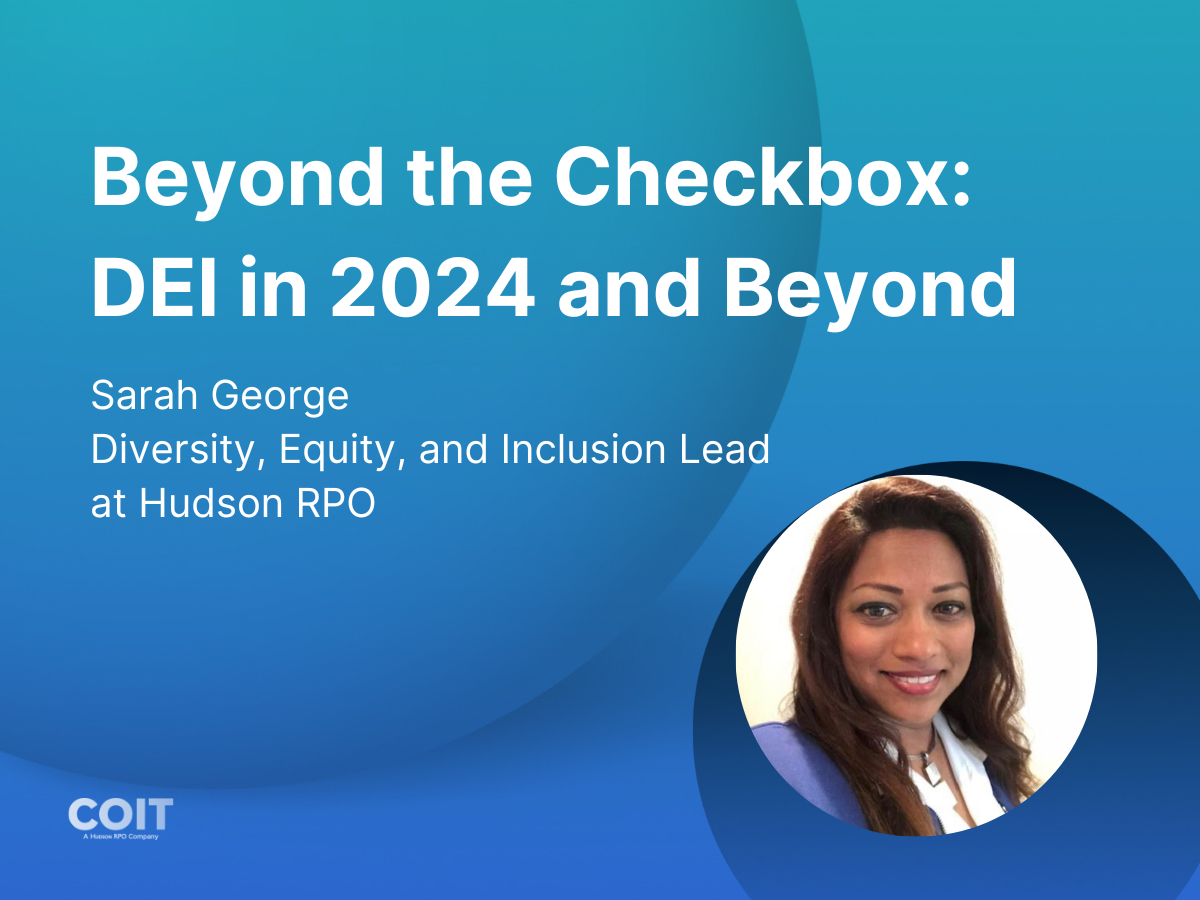We are blazing into 2024, and the landscape of recruitment is undergoing a seismic shift. In a world where technology is advancing at breakneck speed and the global workforce is evolving rapidly, understanding the future of recruiting is more crucial than ever.
In December, I joined Rebecca Warren from Eightfold.ai at an online event to discuss the multifaceted challenges and transformative strategies that are shaping the art and science of talent acquisition. Here’s what we discussed, what we learned, and how it impacts your work.
Evolution of HR and recruitment
Much of our discussion focused on the dynamic evolution of recruitment, where it was years ago and how that has evolved, especially with technological advancements. This era marks a pivotal transition in HR roles and strategies, fueled by rapid societal and technological changes.
Rebecca underscored the significance of this evolution. Warren insightfully noted, “HR’s role has changed dramatically over the past five years.” And I agree, HR is no longer just about managing workforce and policies; it has morphed into a strategic cornerstone that aligns with and drives organizational objectives.
Technology’s influence, particularly after global disruptions, has been a profound driver of this. Many of the monotonous and administrative tasks that HR used to perform are now completed through automation. That means that HR leaders are continually focused on people, as they should be, and that has a profound impact on culture, strategy, and execution.
The pandemic, economic shifts, and social change efforts have acted as additional catalysts, accelerating the integration of technology in HR processes and prompting a reevaluation of traditional recruitment paradigms.
These historical influences have paved the way for a digitally advanced era in recruitment, one where agility, strategic alignment, and technological integration become key to attracting and retaining top talent. As we look at the changing face of recruitment, it’s clear that the role of HR has significantly evolved from a support function to a more technology and data-driven strategic partner, instrumental in shaping the future workforce.
The shift towards skills-based hiring
One area of interest I see is the shift toward skills-based hiring. This approach aligns talent acquisition strategies more closely with the overarching objectives of organizations, moving beyond the traditional reliance on resumes to assess a candidate’s potential.
Rebecca shed light on this evolving approach. She emphasized, “It’s more important than ever to make sure that all areas of the business are aligned, that you understand what your organization’s top priorities are.” Of course, this includes talent acquisition and HR. Talent acquisition strategies should be aligned with business strategies. That means that metrics should be indicators that roll up into those larger organizational goals. The tactics to acquire the right talent should match those metrics, ensuring that the skills of new hires contribute directly to organizational goals.
More and more, this is done by identifying and nurturing the intrinsic skills of potential employees. Instead of focusing solely on past job titles or academic qualifications, there’s a growing recognition of the value in assessing what candidates can bring to the table in terms of problem-solving, adaptability, and other soft skills. By embracing this skills-based approach, organizations can better prepare for future challenges and opportunities, ensuring that their workforce is not just qualified, but also aligned with and capable of advancing their strategic goals.
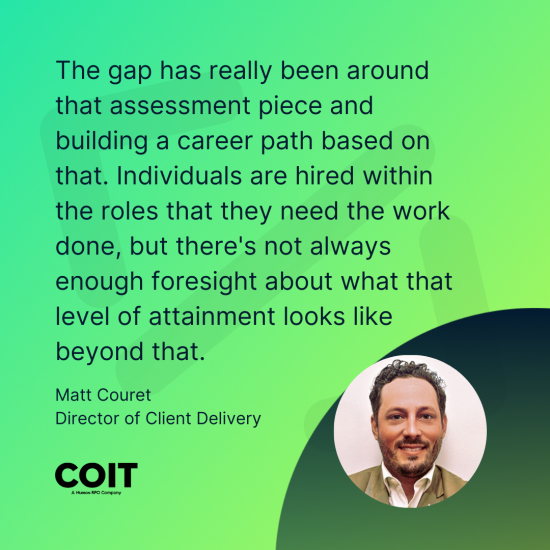
AI in recruitment
I would fail if I didn’t recognize the increasingly pivotal role of AI and machine learning in recruitment. It’s the 2023 trend that will only gain momentum in the new year. The impact of these technologies is transformative, and we’ve only scratched the surface. It seems AI is forcing us to frequently redefine how talent is sourced, evaluated, and engaged.
“AI driven recruitment technologies are impacting talent acquisition to think differently.”
Matt Couret
From what I’ve seen so far, AI significantly enhances the recruitment process, identifying transferable skills and enriching job descriptions, thus enabling a more nuanced and effective matching of candidates to roles. However, I see challenges in the early days, such as the need for human oversight to ensure ethical use and avoid biases. As AI continues to evolve, its integration into talent acquisition strategies becomes increasingly important, offering a blend of precision, efficiency, and deeper insights into the potential of candidates.
What’s coming in 2024
Rebecca and I spent some time forecasting the future of hiring, looking at a shift towards more deliberate and strategic approaches. I’ve already covered this in this post, but skills-based hiring will continue its rise in popularity. The methodology will prove effective for many organizations, and we’ll move from early adopters to widespread use of the methodology. You’ll see recruiters and hiring managers alike shift from traditional markers like titles and academic credentials to a deeper evaluation of skills and potential.
AI in talent development will take the next step. Early days may have automated writing job descriptions or sourcing candidates for fit, but there is so much more potential. This isn’t just about automating processes; it’s about leveraging AI to gain deeper insights into candidate capabilities, potential career paths, and aligning these with organizational needs. The emphasis will be on using AI as a tool to enhance human decision-making in recruitment, striking a balance between technological efficiency and human intuition.
Embracing skills-based hiring, integrating AI and talent intelligence, and adopting deliberate hiring strategies are the main trends we see coming in 2024. These approaches will enable organizations to align their talent acquisition with broader business objectives, ensuring a workforce that is not only skilled but also versatile and adaptable to the ever-changing business world.
As we navigate these changes, the role of HR will continue to evolve, solidifying its position as a strategic partner in shaping the workforce of tomorrow.
If you’d like to watch the webinar, you can watch the full session here: https://eightfold.ai/learn/how-to-get-ready-for-recruiting-in-2024/
Newsletter
Blog Categories
Recent Posts

[Tech x Talent Dashboard] It’s time to change DEI metrics and tactics
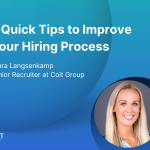
3 Quick Tips to Improve Your Hiring Process
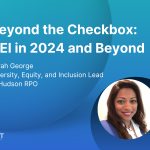
Beyond the Checkbox: DEI in 2024 and Beyond

The Unexpected Secret to Effective Rapid Response Hiring
